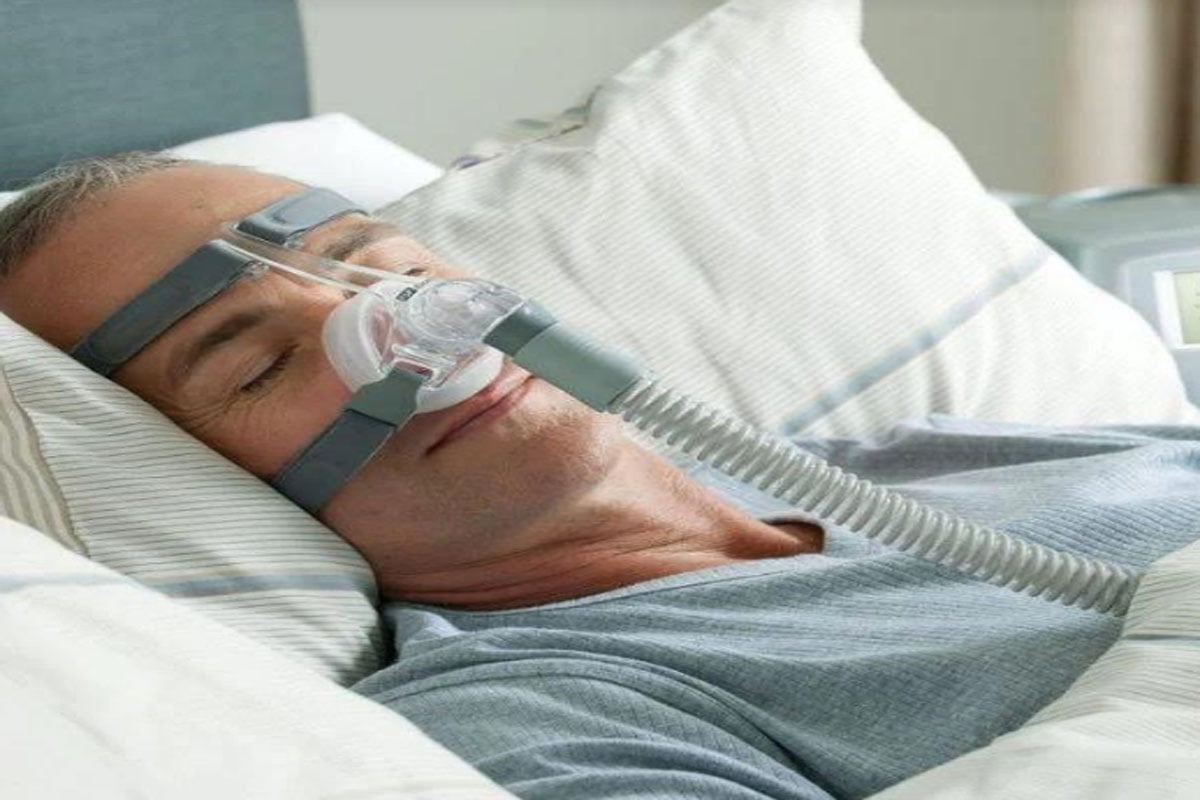
Nasal Pillow Masks Vs. Full Face Mask: What’s The Difference
The number of sleep apnea patients has skyrocketed, with more than 80% having severe or moderate untreated obstructive sleep apnea. The best way to treat sleep apnea is through continuous positive airway pressure via a CPAP mask.
By wearing the mask at night, patients protect their mouth and nose, as it’s connected to a small machine through the nose. Here, the air getting in is pumped to an open airway during the night. As a result, more CPAP masks suppliers have come to enable patients to get the masks whenever needed.
The current market offers an array of CPAP masks for sleep apnea patients to make a selection. However, choosing a suitable mask to acquire is quite daunting, especially for beginners. Here are the differences between Nasal Pillows CPAP Mask and full-face masks.
Table of Contents
Nasal pillow mask
Nasal pillow masks come with a cushion for sealing the bottom part of the nostril. This aspect makes these masks to be light weighted and less invasive. They also have elastic straps, which cover the patient’s head fully. They are also available in many models, so they will not quickly come into contact with the face. Nasal pillow mask is recommended for patients with turn and toss sleep, nose breathers, or those whose facial hair is adequate. They are ideal for:
- People who love reading or watching TV while in bed before falling asleep.
- Persons who breathe via the nose
- Those with plenty of facial hair that can hinder the mask from making a seal on their skin.
- People in love with sleeping
Not the best for;
- People suffering from nasal congestion or allergies, which bring breathing difficulties
- Those who breathe using the mouth
- Patients with severe CPAP pressure, as they become uncomfortable because of plenty of air that blows via small holes.
Full-face masks
Full-face CPAP masks are recommended for reluctant patients to unveil their nose and mouth. The larger area covers the patient face from CPAP on the airways. These masks best fit
- High-pressure CPAP environs
- Full-face masks are favorite to back sleepers
- Recommended to patients with severe allergies, cold symptoms, allergies, or nasal obstructions
- Perfect for Claustrophobic patients who prefer having their faces covered
- Face masks are ideal for BiPAP users
- Suitable for patients with nasal congestion and allergic patients
- Unlike nasal pillow mask, which fit nose breathers only, full-face masks cover the mouth and nose entirely, hence people’s favorite
Due to their extended surface area, they are
- Exposed to high leakages, which could eventually result in dryness of the eyes
- It’s difficult to read, watch TV, or put on glasses while wearing a mask.
- Full-face masks have high leaks due to their large surface area resulting in eye dryness
- It’s hard to sleep on your stomach with the mask on
Conclusion
Choosing a suitable mask that fits any sleep apnea patient is quite hard. Therefore, it’s recommendable to fit the mask to be sure that it creates a seal and is perfect for your attributes. When buying a nasal pillow mask or a full-face CPAP mask, ensure the mask fits ideally and has a good seal.


